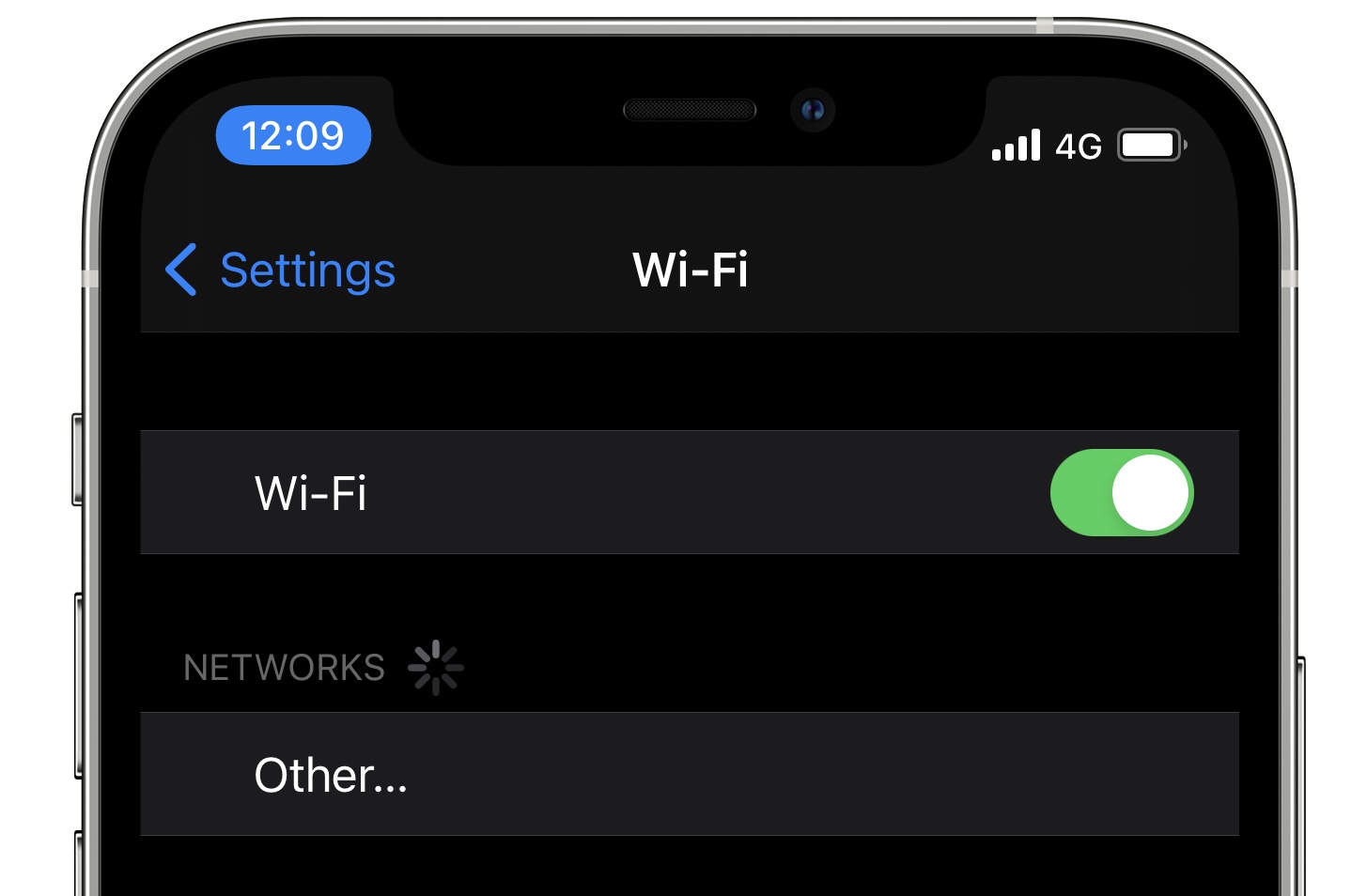Granted, but what worries me most is that these class of bugs are well known and should not pass undetected by basic static checks. It's important for Apple to fix the issue but IMHO far more important to figure out how such issue managed to get into the final product.
Not the first time either. A few years ago iPhones were being bricked by sending a particular character in a text.




